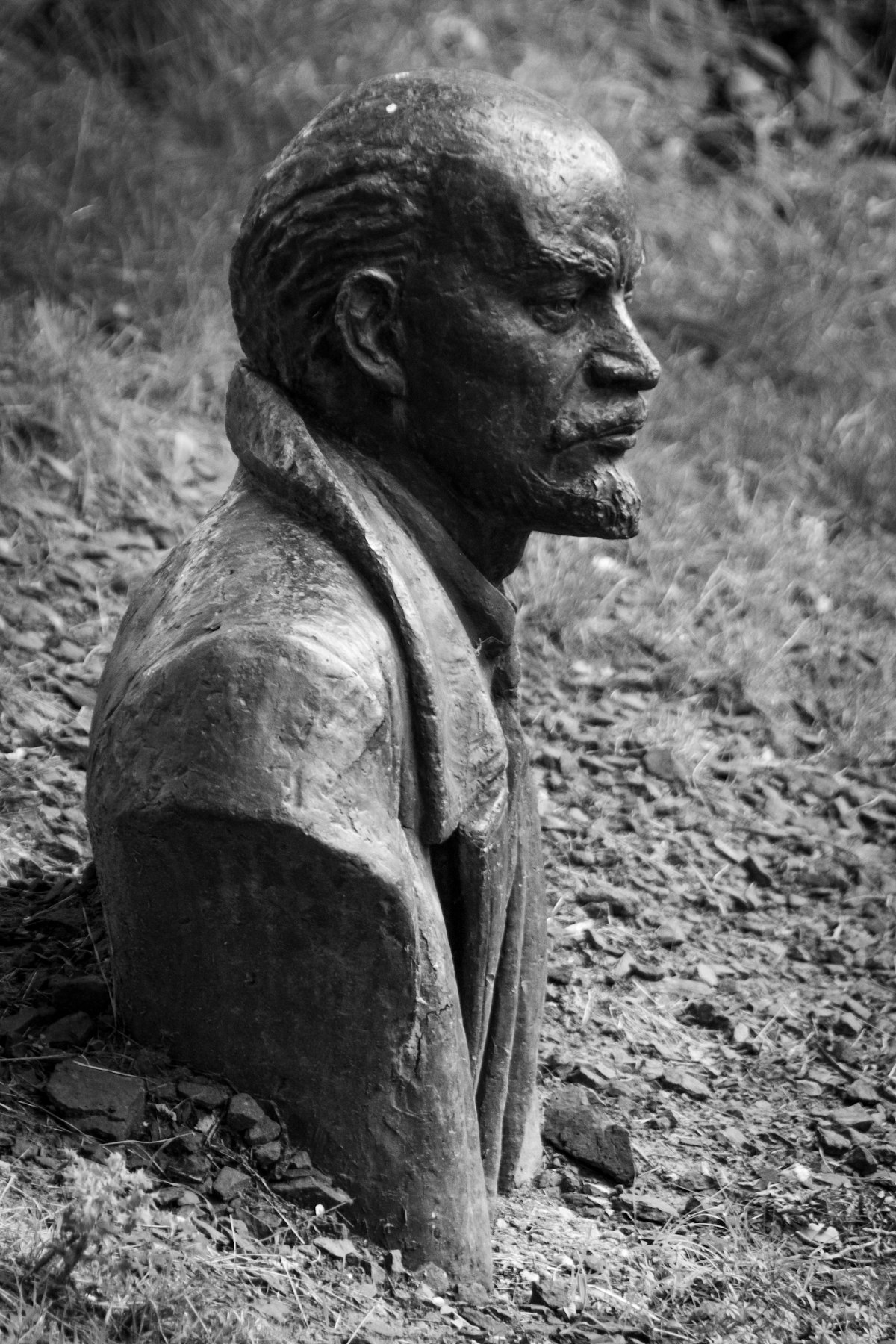MN Roy: How Rasgolla Delivered India Its First Communist
Odisha and Bengal's fight for Rasgolla rights is legendary. Now, who would have thought that a sweet dish would leave such a bitter aftertaste! But, did you know that Rasgolla played an important role in shaping India's revolutionary movement, and also transforming Naren into an ardent communist?

Odisha and Bengal's fight for Rasgolla rights is legendary. While gastronomical experts are divided on who first dipped the round, spongy ball into a syrupy liquid, both sides have steadfastly refused to concede. Now, who would have thought that a sweet dish would leave such a bitter aftertaste! But, did you know that Rasgolla played an important role in shaping India's revolutionary movement, and also transforming Naren into an ardent communist?
Now, who does not wish a change from the dreary life? Who does not desire a change from the old notions shackling them? Why must not a person strive for his freedom from an oppressive regime, plundering his motherland, and draining its wealth into alien coffers? These might have been the thoughts running through the mind of young Naren, now a stowaway in a ship bound for the United States of America. These thoughts, and definitely one hope: his pursuers must never catch him.
Leaving Japan
Naren had left Japan after his well-wishers informed him of an imminent deportation to Shanghai, a British concession in China, as retribution for his revolutionary pursuits. Naren made a quick exit based on the assurances of China's president in exile to supply arms to the Indian revolutionaries for a sum to be paid for by the Germans. After boarding a ship as a stowaway in China, he tinkered his plans a little to alight at Japan again; he procured a fake passport through the German officials to continue a first-class ticket voyage to America. He was now masquerading as a young Indian Christian en route to Paris via America to study theology on a fake French-Indian passport issued to a purported native of the modern-day Puducherry or Pondicherry. His eventual destination was Berlin, the capital of the purported German sympathizers.
Naren to MN Roy
After a few relatively risk-free adventures, Naren landed at San Francisco in 1916. America was on the cusp of throwing in its lot with the British in the First World War, and this was to make Germany its enemy. What it also meant was that the moment America entered the world war, it would shed its garb of neutrality, making Germans, and the Germany-sponsored Indian revolutionaries, "enemy of the American people". The rising storm of war hysteria had enveloped America, and this is what a newspaper had to say about Naren's arrival:
Mysterious Alien Reaches America - Famous Brahmin Revolutionary or Dangerous German Spy
From San Francisco, Naren went to Palo Alto, the seat of Stanford University. He visited one Dhanagopal Mukherjee, the younger brother of his Indian friend. On realizing that the Americans were aware of his arrival, and fearing that British, too, would soon start making inquiries, Mukherjee christened Naren as Manabendra Nath Roy. The revolutionary had taken the first step towards transformation. After lying low for a few months, Naren, now MN Roy, traveled to New York to open another glorious chapter in his already illustrious career.
The revolutionary shock
In New York, Roy learned of a few developments that painted a rather grim picture of the path the revolutionary movement was heading on. In New York, Roy was not the sole revolutionary trying to solicit American help. They were doing fine till they were running an anti-British propaganda. However, in this case, too, it were the too many cooks that spoiled the broth. The revolutionaries proved to be very less discriminating in seeking support. The result: Indian revolutionary propaganda got mixed with the German propaganda, and the American liberals and intellectual began distancing themselves, as committing to the Indian cause would have meant a violation of neutrality the US so much favoured. When the anti-German sentiments began to gain traction in America following the sinking of the ship Lusitania by the German U-Boats (1915, killing 128 Americans), the Indian revolutionaries overnight forfeited American sympathy. And, the American president of the time, Woodrow Wilson, discarded neutrality based on the business proposition the situation in the immediate aftermath of the Bolshevik revolution in Russia presented. So, once neutrality was not a profitable venture, it had to go.
The fabled rasgolla
Naren also found that the Indian Revolutionary Committee in Berlin was incapable of helping revolutionaries out owing to internal dissensions. He learned that help from the Germans was unlikely as now they had to face the American onslaught in what the latter termed as "War to end all wars". The German propaganda machine in America had come to a grinding halt, and any Indian associating himself with the Germans was to be declared an enemy alien. Moreover, the fratricidal factionalism that had gained ground in the revolutionary movement disillusioned Roy, and he began thronging the New York Public Library and the Columbia University, where he met Lala Lajpat Rai.
Lajpat Rai acquainted himself with the young revolutionary. Lala was homesick and missed Indian food, which Roy sometimes cooked for him. One day, Lala asked Roy whether he could make Rasgolla. After a day's hard work, Roy presented Lala the sweet Rasgolla. Lala tasted and liked it. A hardened revolutionary was softened by the sweet round cheese balls dipped in sugar syrup. Thus began a journey of friendship that neither Lala nor Roy knew would twist the very fabric of the Indian revolutionary movement. Lala had got a protege, and Roy, a fatherly mentor.
Conversion
Himself a nationalist, Lala believed the emergence of Socialism to presage a threat to his ideology. He attended various seminars where he assailed the Marxist ideals. He even bought books on socialism for Roy, with the purpose of creating a band of nationalists opposed to socialism. However, unknown to Lala, these books had started taking a hold of Roy's imagination, insofar as he began questioning the impact of independence that could not uplift the lot of the working class. Even as this epoch-defining and life-changing transformation was gestating, faint murmurs of the Bolsheviks forcing the Russian Czar to abdicate the throne reached America. Roy was slowly defecting to the fold of an ideology his mentor was training him to oppose.
The catalyst, and the first convert
During one such seminar on the Columbia University campus, a member of the audience asked two questions that made Roy's defection complete. Lala was addressing an audience when one member stood up and asked:
1. How did the nationalists propose to end the poverty of the Indian masses?
2. What difference would it make to the Indian masses if they were exploited by native capitalists instead of foreign imperialists?
While Lala got agitated, and hurled unconvincing replies, these two questions made Roy realize that his path was not entirely correct. A course correction was needed. He distanced himself from Lala, and the fellow revolutionaries, to begin reading Marx's works. Reading the same books he had read earlier led to the discovery of a new meaning. He realized that true freedom did not lie in ridding India of Britishers but in ridding the Indian masses of their poverty. He had seen enough of the effects of imperialism and capitalism to ignore their ills. All these thoughts made Roy realize that what happened in Russia was momentous, and could be replicated in India, which was not entirely ready for freedom as caste, class barriers were yet to be razed. Roy had ceased to be a revolutionary freedom fighter. He was now a communist, probably one of the earliest Indian convert to the new ideology.
The escape
One night, after returning from a seminar addressed by Lala, Roy was arrested by the American Police and harassed on the suspicion of being a German spy. After this episode, he realized that the Hindu-German Conspiracy had come a cropper and it was high time he left America in search of a haven. With America declaring war on Germany, and allying with Britain, his safety in the country was suspect. He could not stay in New York, he could not go to Germany, and India was too risky. The choice was between Canada and Mexico. Canada was struck off the list as British laws applied even there. Mexico was decided upon. It also appealed to the taste of the revolutionary in Roy. If he could not wage the freedom fight, he could at least take part in a revolution in a country that was in perpetual turmoil.




